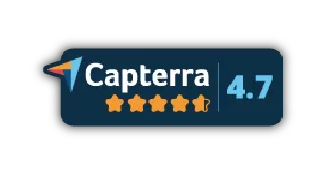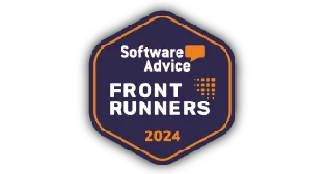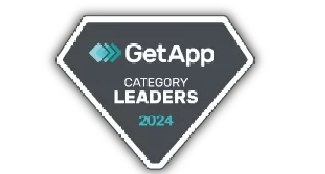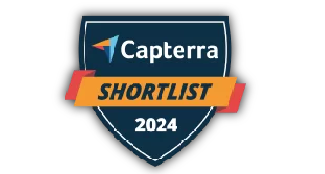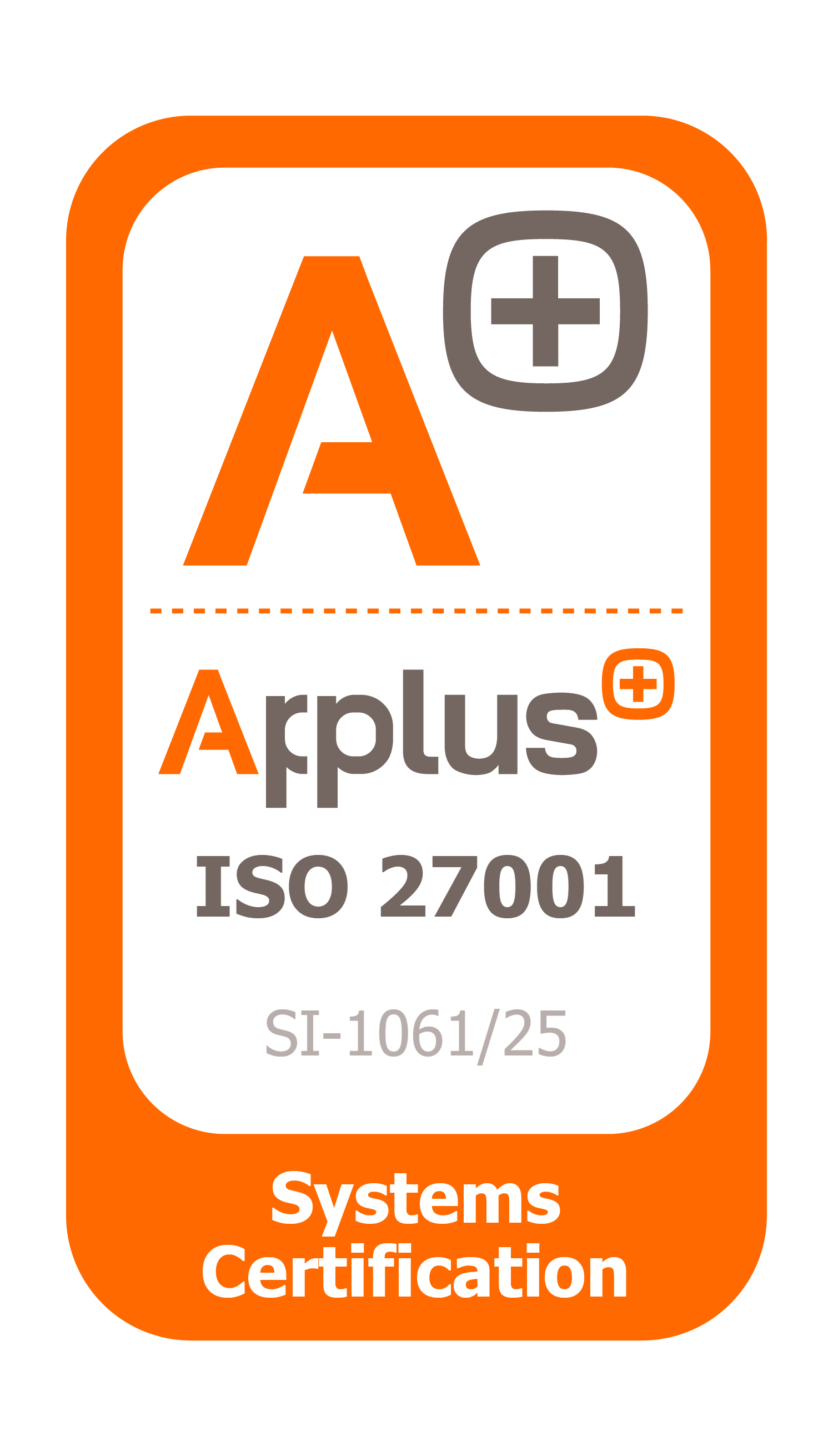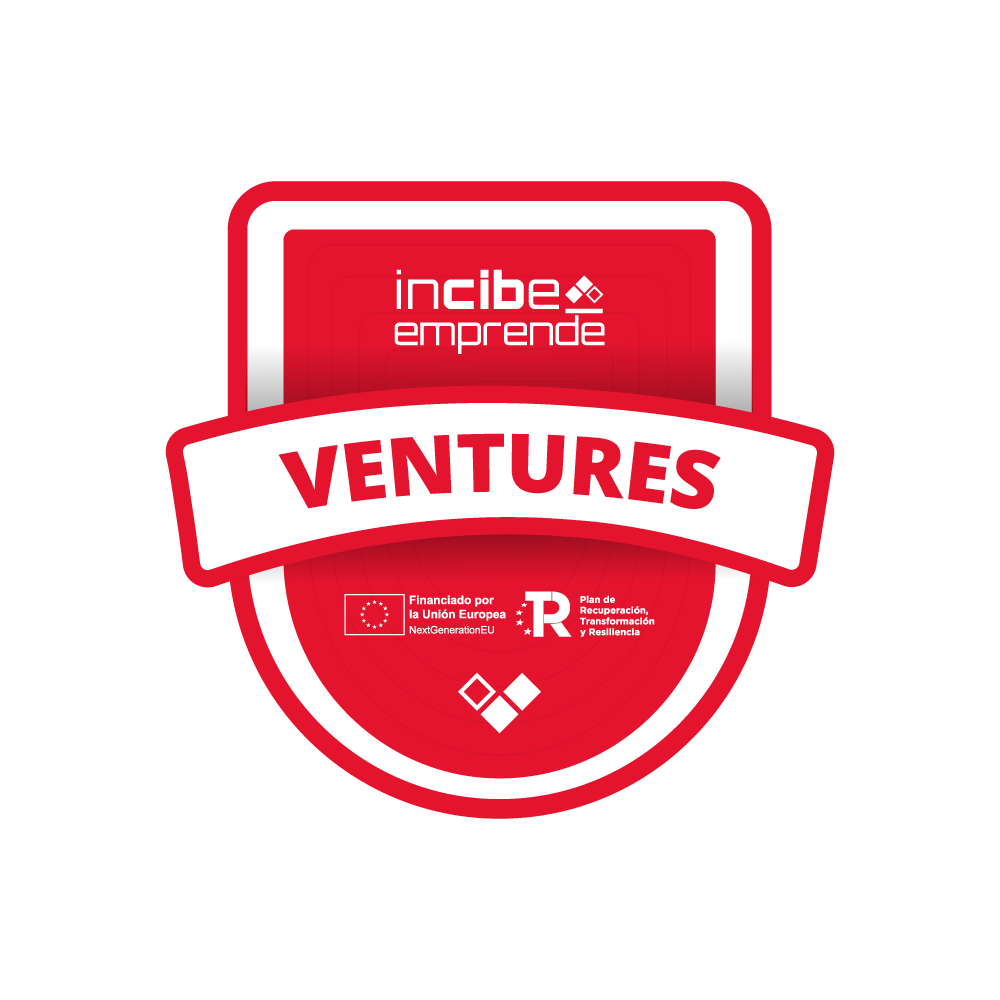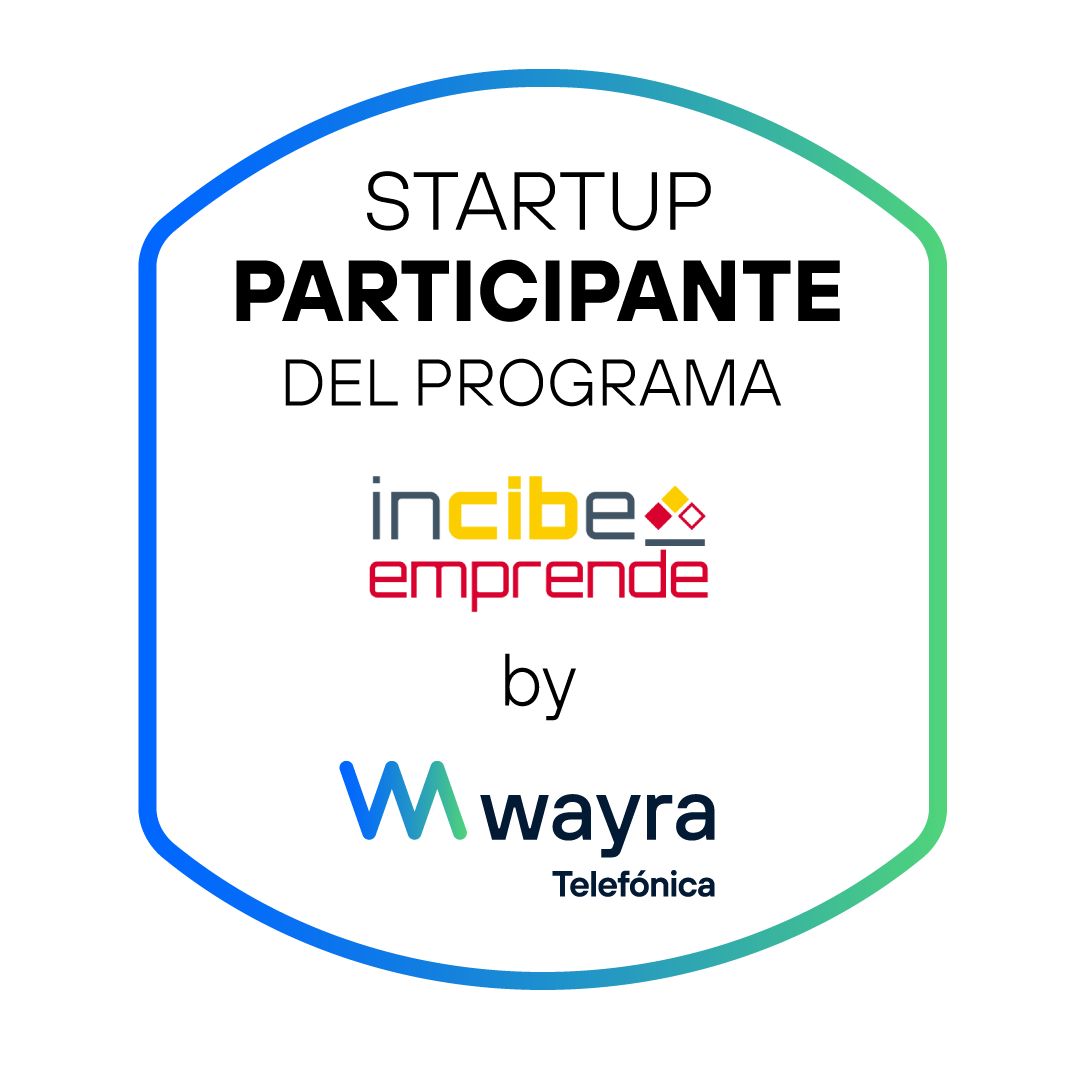How Is Organizational Culture Built Remotely? What Does a Leader Need to Manage Hybrid Teams? How Can Engagement and Wellbeing Be Maintained Without Being in the Office?
In this interview with Fernando Castellote, Human Resources expert, we explore the major challenges of today’s working world and the keys to overcoming them successfully.
How can companies foster a strong organizational culture in a hybrid or remote environment?
Fernando points out that one of the biggest mistakes is thinking that organizational culture can only be built in person. In his view, the key is to understand culture as a set of observable behaviors. Sharing information, collaborating actively through digital channels, or supporting colleagues are cultural expressions that don’t depend on a physical space. For him, mapping and reinforcing these behaviors is essential to strengthening company culture in hybrid or remote settings.
What strategies are effective for maintaining engagement in hybrid teams?
To sustain engagement in remote teams, Fernando proposes focusing on three main drivers: autonomy, professional development, and purpose. He believes giving people the freedom to choose how they work, offering challenges that stimulate growth, and clearly explaining the “why” behind every task are key actions to foster engagement. He emphasizes that commitment arises when people feel trusted, are learning, and know their work has a real impact.
How Can a 37-Hour workweek be implemented without losing productivity?
According to Fernando, the key lies in moving away from time-based measurement and focusing instead on objectives and impact. “It doesn’t matter if it takes 37 or 40 hours—what really matters is what’s achieved in that time,” he says. He recommends using methodologies like OKRs or KPIs and putting the focus on results. When impact becomes the main metric, it’s easier to offer flexible schedules and free up quality time without affecting operational efficiency.
What initiatives truly improve employee wellbeing?
Fernando believes that many effective wellbeing actions don’t require financial investment. Recognition and feedback are two of the most powerful tools. Letting someone know they’ve done a good job and thanking them for how their work has impacted others has, in his view, tremendous motivational power. He also considers flexibility, opportunities for professional growth, and most importantly, giving people back quality time to care for their physical, mental, and emotional health as essential pillars of wellbeing.
What skills will leaders need in 2025?
From Fernando’s perspective, the future of leadership demands a mindset shift. Leaders must leave behind micromanagement and develop skills like self-awareness and humility. “You don’t need to have all the answers,” he says. He also advocates for a new managerial role focused on creating more leaders. For Fernando, organizations should evaluate the quality of their managers based on how many people they’ve helped grow and promote.
How can you retain young talent with attractive career paths?
According to Fernando, young talent already comes highly motivated. The challenge isn’t to motivate them, but to avoid demotivating them. To achieve this, he suggests a strategy that combines approachable leadership, a clear organizational structure, and meaningful challenges. Junior employees, he says, shouldn’t be left on their own but should be supported with mentorship, role models, and guidance. He also emphasizes the importance of clearly defining development opportunities and ensuring that what is promised during the hiring process is actually delivered in the day-to-day experience.
How can people analytics be applied to improve talent management?
Fernando states that People Analytics is no longer optional. Companies must use data to anticipate trends like turnover, absenteeism, or skill gaps. “We need to stop being reactive and start being predictive,” he says. To do this, he recommends starting with one specific area to improve, then building from there. He also highlights the importance of presenting the data well—with effective storytelling that helps persuade leadership and drive strategic decision-making.
Únase a las empresas que confían en Hybo para gestionar sus oficinas híbridas sin problemas
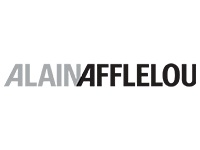

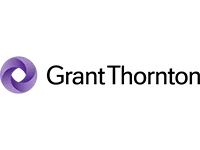


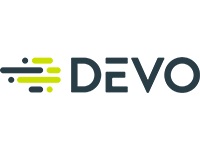
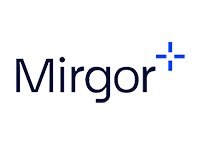
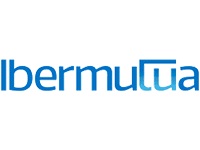

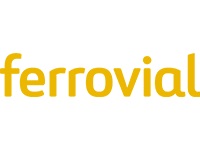
Contáctanos
Consulta con nuestros expertos en workplace management de Hybo




